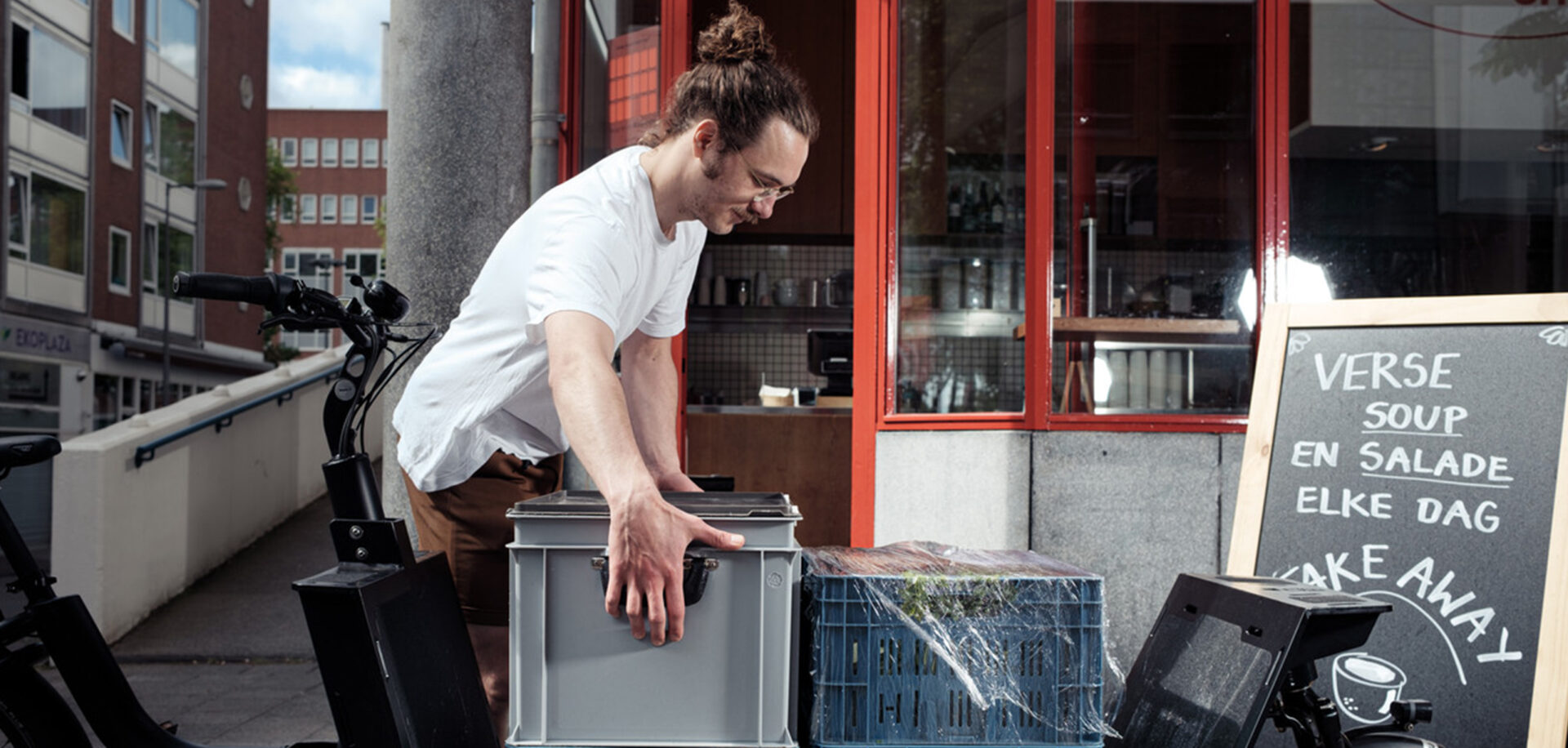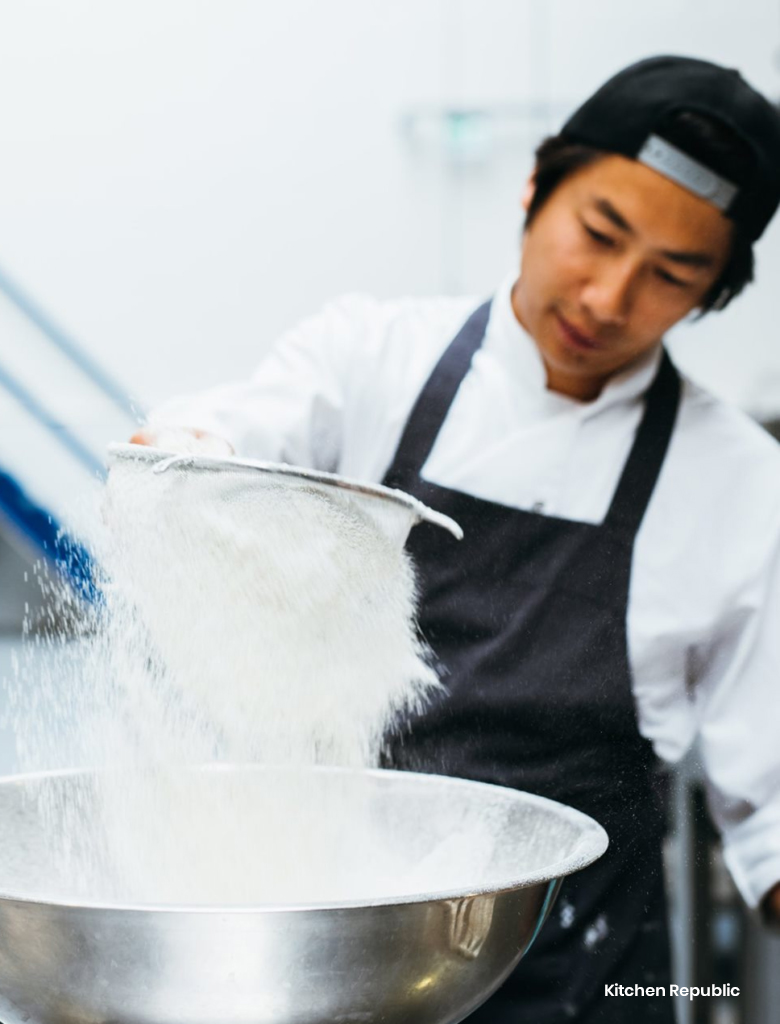COVID-19 as a Tipping Point | Where are they now?
During the first months of the crisis, impact entrepreneurs in food shared one remarkable trait: resilience. They showed creativity by creating online webshops, changing marketing strategies, and starting new collaborations in the form of food boxes, for example. Currently, with the crisis lingering on and no certainty that events and hospitality will lead to new profits soon, stopgap ideas such as food boxes may not be enough.
We contacted some of the entrepreneurs who were present at Impact Hub the Netherland’s webinar in May, where we discussed the topic of COVID-19, and others, to do a temperature check: how are they doing now? Did the collaborations continue? And what does it mean to be an entrepreneur with an impact mission these days? Read it all below! If you’re curious about last year’s insights, you can read the full report here (in Dutch with an English summary).

From resilience to revival
One thing that didn’t change during the second COVID-19 wave is the host of creative ideas impact entrepreneurs have come up with. Too Good to Go shifted its focus to retailers instead of restaurants and almost doubled in size since the last time we spoke. And food boxes are not old news yet: Botanic Bites created a Christmas Box in a collaboration with Max en Bien. Willicroft – while acknowledging it has not been easy – has a webshop that is now flourishing and got another boost in sales over Christmas. While fine-tuning online sales is a challenge in itself, Soup en Zo even created their own delivery service. Though a huge project, their desire to oversee the entire chain and ensure good quality for consumers and employees outweighs the extra work. Moreover, new collaborations arose, such as between Kitchen Republic and Taskforce Korte Keten, who started a joint effort to create new products with local suppliers.
The blow of the second wave
Most entrepreneurs agree that the second COVID-19 wave feels different than the first. De Krekerij, for example, tells us about the loss of collaborations established during the first wave and SFYN had to let go of their office space. The second wave also took an emotional toll. Entrepreneurs feel an emotional weight, especially when their employees are having a hard time keeping spirits high. As head of their respective teams, it is up to them to keep the positivity flowing.
Impact incentives
While the second wave hits the food entrepreneurs harder than the first, they do not seem discouraged. The drive to make a profit can be good fuel for hard work and creative ideas. But the drive to make a positive impact on the world often provides a stronger and more lasting fuel, as most entrepreneurs tell us. Montgomery’s talks about their neverending optimism and the inspirational collaborations with other impact entrepreneurs in these times. Too Good To Go sees that their impact mission to reduce food waste creates motivation and energy throughout the team. De Krekerij’s impact mission is part of their internal drive and makes them go on, because they want to go on.

Food transition?
Our July report pondered whether COVID-19 could be the tipping point in the food transition. It is still too early to say it is. However, within companies, the pandemic does facilitate transitions. SFYN is transitioning into taking a more facilitating role in their network; Soup en Zo started cooking centrally – something they had already planned but pursued faster because of the pandemic. So what we can – carefully – conclude is that COVID-19 could speed up the transition.
Armed with these lessons learned, Impact Hub the Netherlands will continue to (digitally) support entrepreneurs in the transition towards a sustainable food system. Curious to know how? Have a look at our Food Ecosystem!